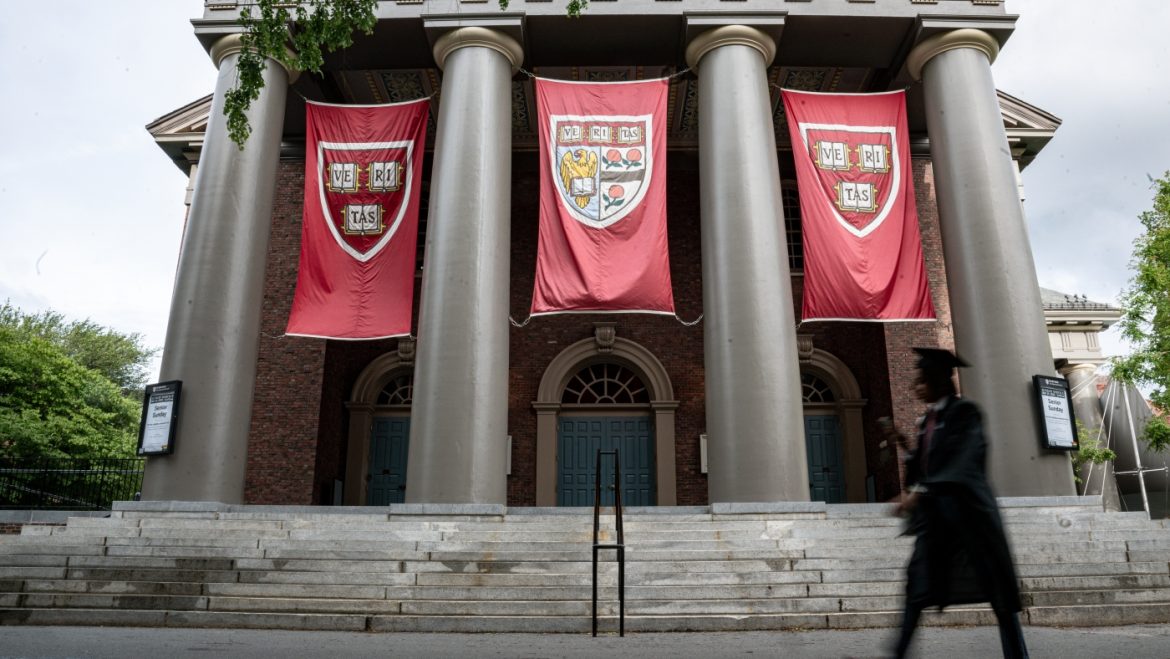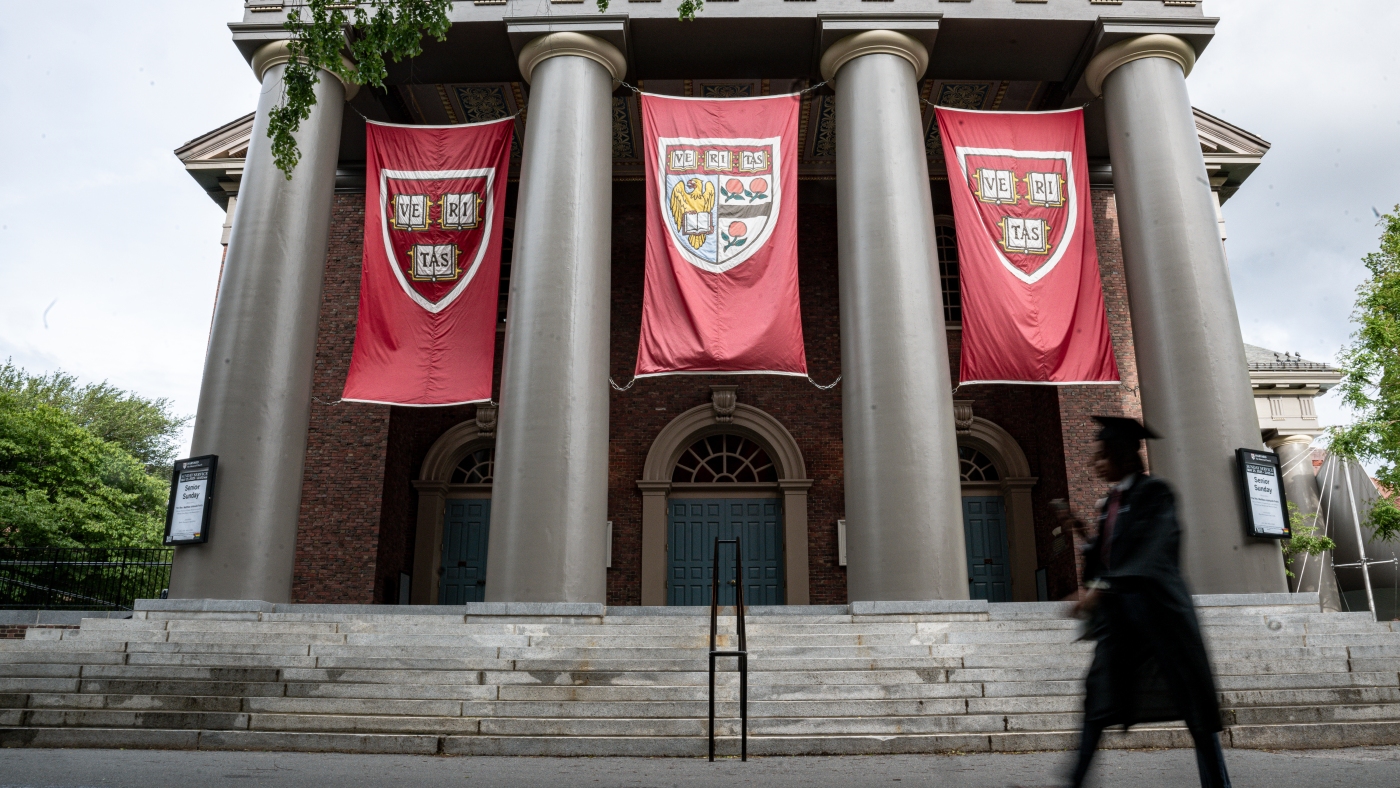The Trump Administration’s Escalating Measures Against Harvard University: A Comprehensive Analysis
The recent surge in actions taken by the Trump administration targeting Harvard University represents one of the most intense government-university confrontations in recent American history. Over the past few weeks, the administration has methodically frozen and sought to cancel billions of dollars in federal funding, citing policy disagreements and allegations related to campus conduct. This report analyzes the unfolding situation, synthesizing reports and official statements to understand the scale, motivation, and implications of these federal moves.
—
Background: A Brewing Conflict
At the heart of this confrontation is a set of demands issued by the Trump administration that Harvard has publicly rejected. These demands include policy overhauls and agreements involving oversight of foreign students, particularly reporting those who commit campus conduct violations. Harvard’s refusal to comply triggered immediate consequences: the administration froze approximately $2.2 billion in grants and billions more in contracts.
Historically, federal funding to universities—whether in research grants or contracts—constitutes a vital source of financial support for campus operations, research initiatives, and academic programs. For a university like Harvard, which boasts an endowment among the largest in the world, the financial impact might be mitigated by vast resources. However, the symbolic weight and potential operational effects remain significant.
—
Financial Impact: Freezes and Cancellations Worth Billions
Multiple sources report that federal agencies have already frozen over $2 billion in grants to Harvard, in addition to halting $60 to $100 million in various government contracts. These contracts are now being targeted for complete termination by June 6, as indicated by a letter obtained from the U.S. General Services Administration directing agencies to submit termination lists.
This freeze represents one of the largest single freezes of federal funding to a university in recent memory, affecting a diverse range of academic and research activities. The funding encompasses government research grants, cooperative agreements, and federal contracts critical for various projects.
—
Motivations Behind the Freeze: Policy Demands and Political Pressures
The Trump administration’s campaign against Harvard stems purportedly from its stance regarding antisemitism on campus and broader ideological clashes. The administration alleges Harvard has failed to adequately confront antisemitism and that it should adopt more rigorous policies in managing international students, especially those violating campus rules or immigration regulations.
Further, President Trump publicly called for revoking Harvard’s tax-exempt status after the university declined to comply with administration directives. This escalation signals a broader intent not only to cut financial ties but to impose punitive measures aimed at pressuring Harvard into policy changes aligned with the administration’s agenda.
—
Harvard’s Response: Defiance and Legal Action
In response, Harvard’s leadership, including President Alan M. Garber, has firmly rejected the administration’s demands. The university maintains that the imposed requirements infringe on academic freedom and due process. Harvard has also initiated legal action, suing the federal government over what it describes as unjust freezes and threats, underscoring the institution’s readiness to confront the administration in court.
This defiance reflects a broader tension between universities and government over governance, academic autonomy, and federal oversight in politically charged contexts.
—
Wider Implications for Higher Education
The administration’s actions against Harvard are part of a larger pattern of increased federal scrutiny and intervention in universities perceived to be at odds with government policies. The freezing and cancellation of billions in funding set a precedent that might affect other institutions, raising concerns about politicization of research funding and federal contracts.
This ongoing conflict fuels debates on campus about academic freedom, the influence of politics in higher education, and the balance between national security or policy goals versus institutional autonomy.
—
Conclusion: A Defining Moment in University-Government Relations
The Trump administration’s moves to cancel and freeze hundreds of millions—indeed billions—in federal funds directed at Harvard University mark a sharp, unprecedented escalation in federal-university tensions. The dispute is emblematic of the broader culture wars playing out across American institutions, highlighting the complex interplay between government authority and academic independence.
As Harvard continues to push back legally and publicly, the effects of these actions will resonate beyond the institution, prompting questions about how federal funding can or should be wielded to influence university policy. This situation foreshadows potentially enduring shifts in the dynamics of higher education governance and funding in the United States.


